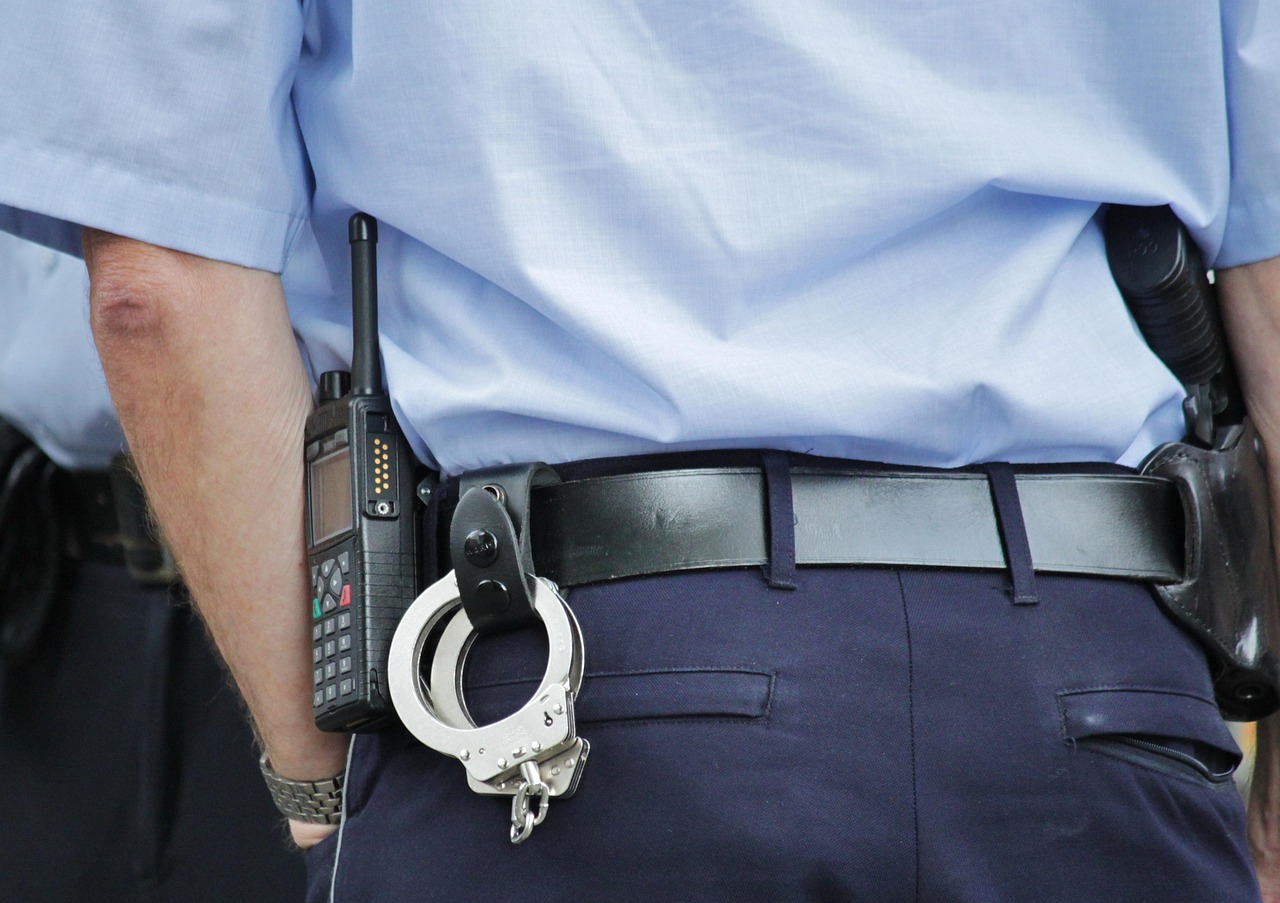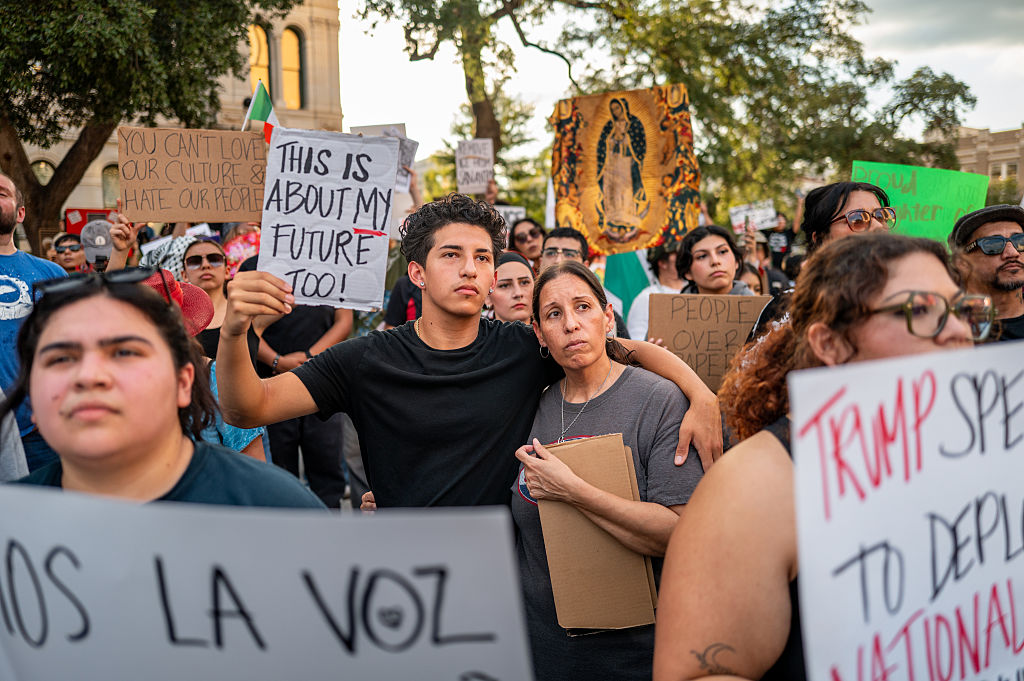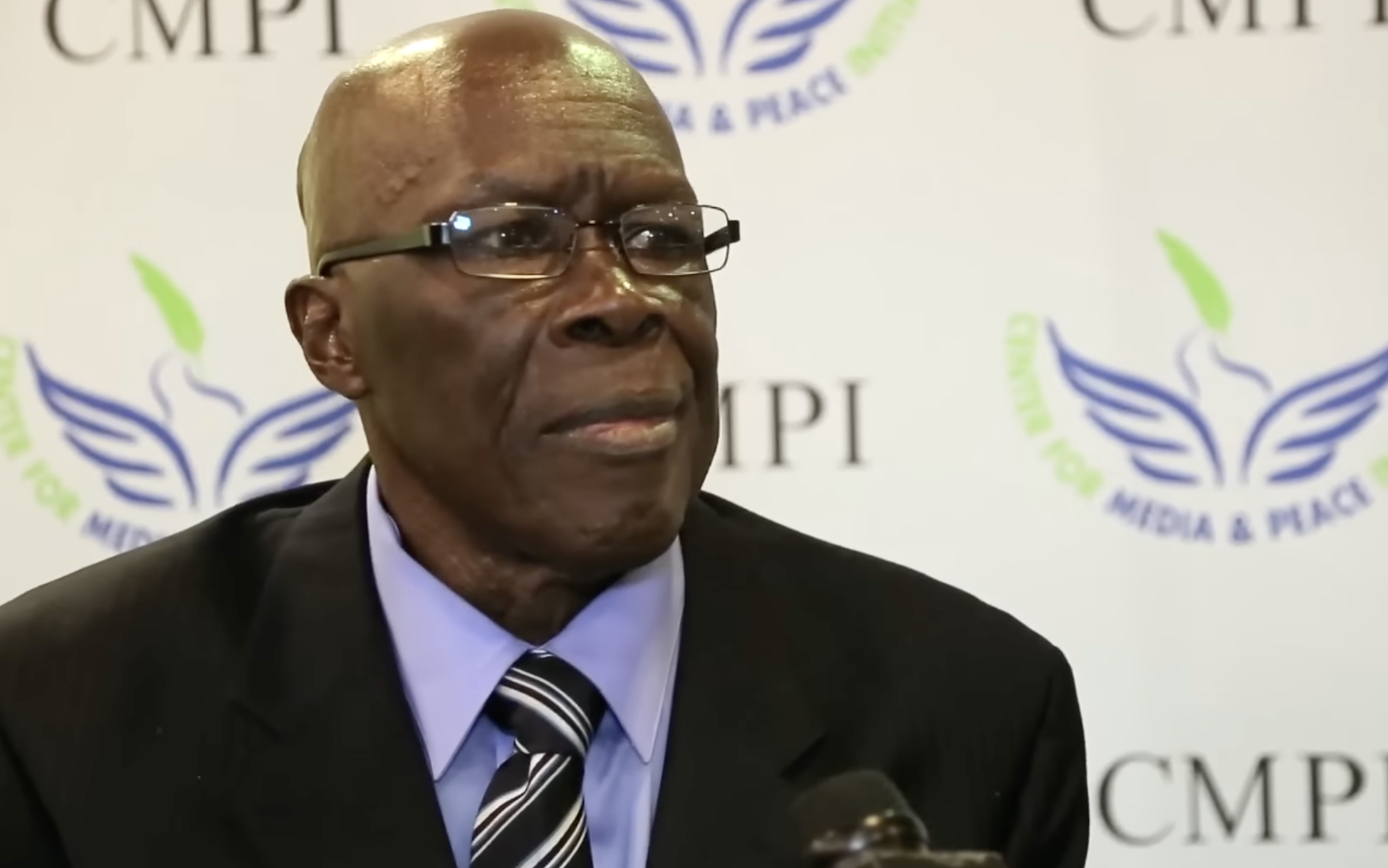CEDAR CITY, Utah (KUTV) - The parents of a 17-year
CEDAR CITY, Utah (KUTV) — The parents of a 17-year-old boy who died while in the care of Discovery Ranch Teen Treatment Center are suing the facility, his therapist, and others for wrongful death, claiming their son's mental health needs and their concerns were ignored.
The lawsuit alleges that Biruk Silvers, who died in November 2024, had expressed suicidal ideation and intent to staff, but was left unsupervised for an extended period of time and was given access to a belt, which he later used to hang himself.
The lawsuit also states that Biruk was engaging in a dangerous choking "game," known as "space monkeys," where people cut off oxygen to experience a brief high.
Biruk's parents, Katy and Joshua Silvers, said Biruk told them he was participating in the space monkey's game. But, they said the program never told them of their son's suicidal ideation.
Throughout Biruk's time at Discovery Ranch, they said they raised several red flags, including about the self-harming behavior. They said these concerns were either dismissed or not taken seriously.
"You're leaving a suicidal child, engaging in a dangerous choking game, completely unattended," said Katy Silvers. "Jury is out — did he die by suicide that day? Did he die by space monkeys gone wrong? I don't know."
The Silvers adopted Biruk from Ethiopia when he was seven years old. He had survived early childhood abuse and neglect and came to the U.S. with significant trauma and learning disabilities.
The family spent more than a decade seeking interventions, from consistent talk therapy to equine therapy, intensive outpatient programs, and an experiential mental health semester abroad.
"We pretty much tried everything under the sun," Silvers said. "He was a good kid, but as he got older, he became more impulsive and made choices that put him in risky situations."
Eventually, they turned to Discovery Ranch at the recommendation of an educational consultant whom they hired. The facility advertised treatment for trauma and academic support.
The Silvers allege that Discovery Ranch didn't offer the care they had advertised. They say the rigid, level-based program discouraged students from reporting concerns or mental health struggles, for fear it would set back their progress.
Silvers described the program as "punitive."
"In my opinion, that uses punishment instead of a relational approach where you're understanding these kids, everything they're doing is from hurt and past abuse and past trauma," Silvers said. "And instead of handling them with kid gloves and treating them with the compassion that they need to heal, they instead shut them down by being verbally abusive and restrictive and punitive. All that does is keep the kid there longer."
The Silvers said they were allowed to speak with Biruk once a week, often in short, supervised calls. They say they were never informed of his expressed suicidal ideation or other red flags raised in the weeks before his death.
The lawsuit also alleges that Discovery Ranch allowed Biruk to have a belt in his possession. It is unclear how he acquired it.
"We didn't send a belt because it wasn't on the list of approved items," Silvers said. "It's common sense, why would I send one? Supposedly, they state that Biruk took the belt from a peer or an office. No one knows. It was not his belt. We know that."
Silvers said when she asked the director why they had belts in a facility like this, he replied, "We give them belts to keep their cracks from showing."
The suit alleges that, even after the facility knew Biruk was participating in the space monkey game and he had expressed suicidal thoughts, they left him unsupervised for longer than legally allowed.
"If they couldn’t meet his needs, they should have called and said, 'We can’t keep him safe — please come get him," she said. "We would have been on the next flight."
The lawsuit, filed last month in 3rd District Court, names Discovery Ranch, Biruk's therapist, the University of Utah (his therapist's employer), and the education consultant who referred the family for negligence.
Silvers said she and her husband are not pursuing the case for money, but to share Biruk's story and help other families.
"They have tried to settle. I have no interest. My goal is to deter parents from sending their child there," she said.
The Silvers have also begun working directly with school districts to remove Discovery Ranch from approved provider lists. Silvers said they've contacted the accreditation organization and are sharing their story with districts that work with Discovery Ranch.
Utah State Senator Mike McKell, who authored Senate Bill 297, said stories like Biruk’s highlight a system that operated for years without enough regulation
"We need to be really clear: What’s the criteria for the facility? What’s the population you're trying to treat? What are the credentials of your staff? We need to recognize that in the end, these are minors. These are kids. And we need to protect them," McKell said.
SB297, signed into law earlier this year, created an independent advisory board to oversee youth congregate care facilities, required facilities to clearly define their treatment population, and added new complaint processes through a statewide ombudsman
McKell said some facilities may do great work, but the industry grew rapidly in Utah without enough oversight.
"The number one criteria in some cases was just a willing payer — not whether the child actually belonged in that program," he said. "That needs to change."
Meg Appelgate, CEO of the advocacy group Unsilenced, and a survivor of a teen treatment center herself, said the next step is transparency.
"There are so many different programs across the country with lawsuits or abuse allegations — and they’re not required to tell parents," Appelgate said. "If we can't have a system that accurately gives current information without record requests, then these places can't be safe."
Appelgate and Silvers both say accountability and better reporting standards are essential to preventing more deaths.
"Utah must do better," Katy said. "I can't understand why we wouldn’t want the utmost oversight and safeties in place for our children."
_____











